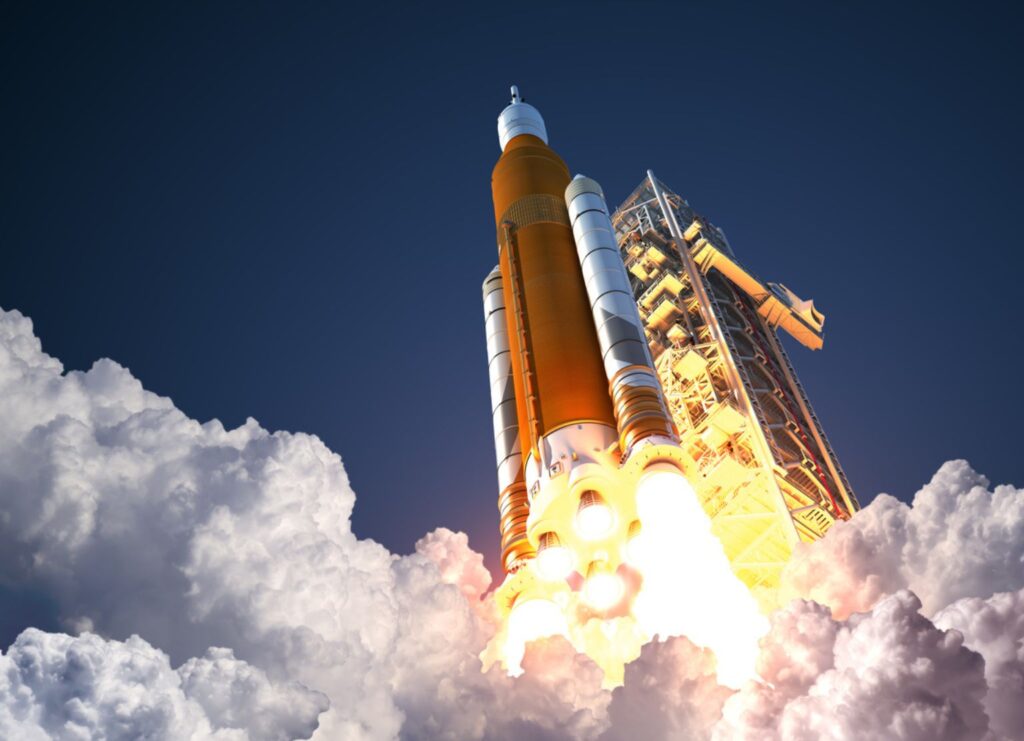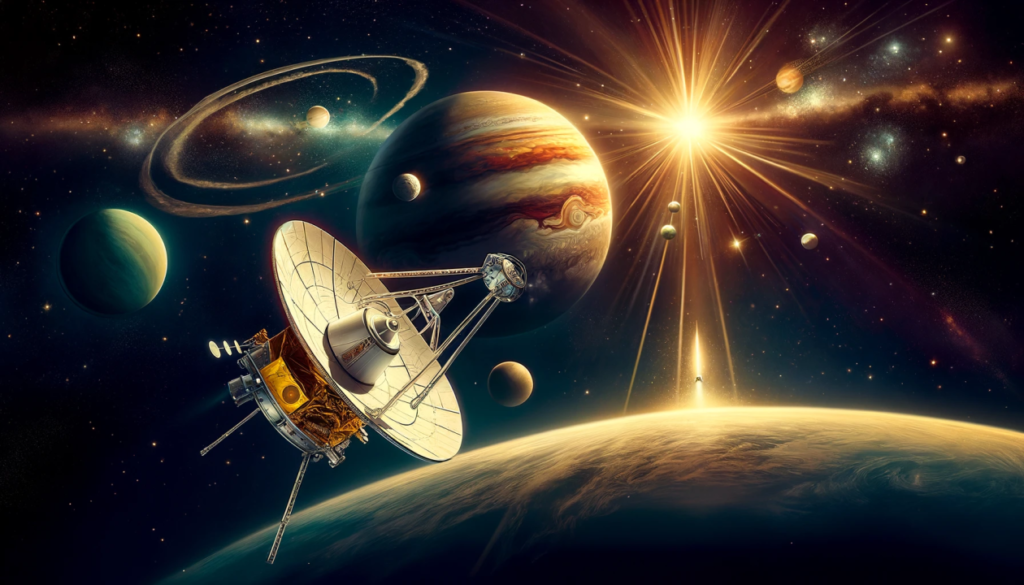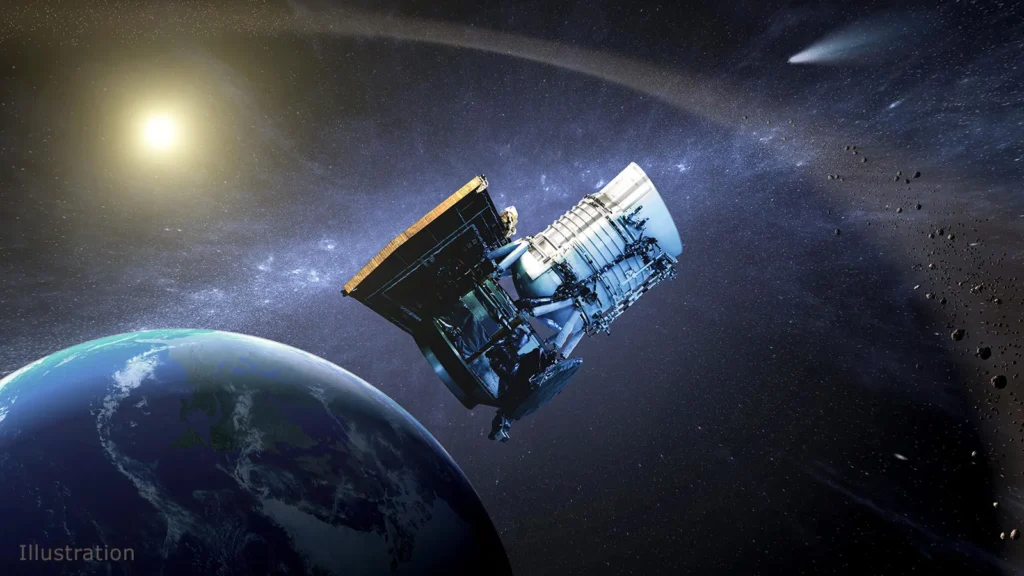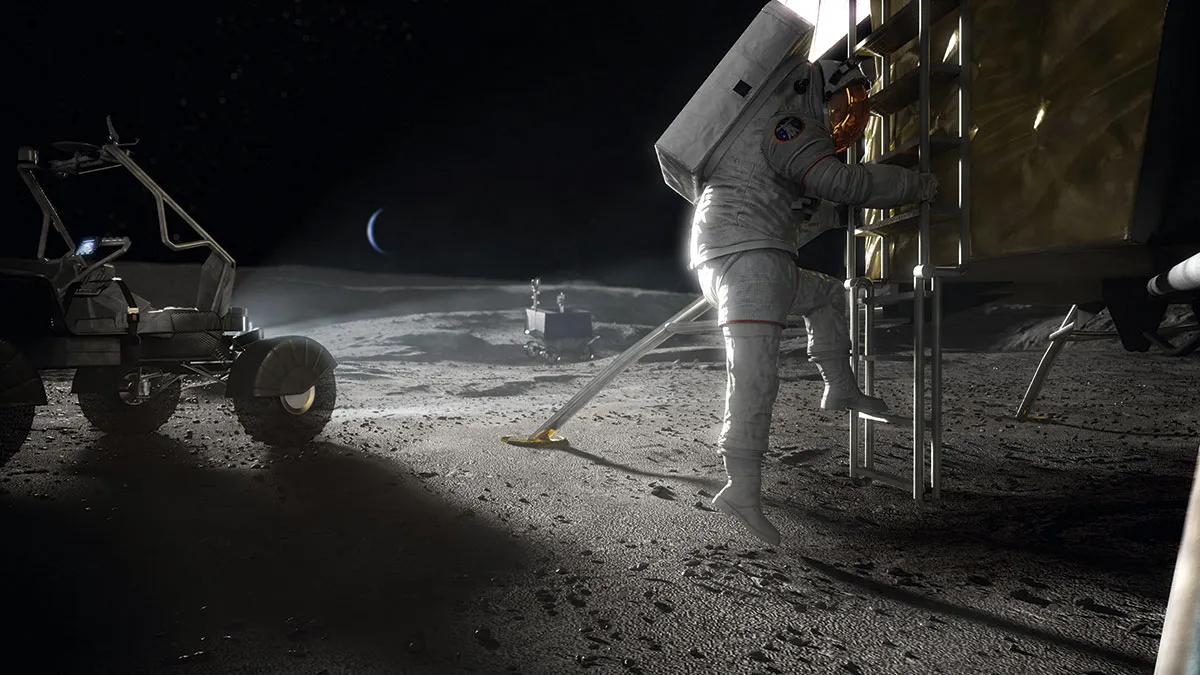From the moment Neil Armstrong took his historic first step on the moon to the recent Mars rover missions, NASA has been at the forefront of innovation and exploration.
With a legacy spanning decades, NASA continues to push the boundaries of human knowledge and technology, inspiring generations to reach for the stars.
In this article, we’ll delve into NASA’s remarkable legacy, exploring its groundbreaking achievements, ongoing missions, and the future of space exploration.

A Brief History of NASA
Founded in 1958, the National Aeronautics and Space Administration (NASA) was established with a clear mission: to explore space and advance scientific knowledge for the benefit of humanity.
In its early years, NASA focused on the Mercury and Gemini programs, laying the groundwork for manned spaceflight.
These efforts culminated in the Apollo program, which achieved the historic moon landing in 1969.
The Apollo Moon Landings: A Giant Leap for Mankind
Arguably one of NASA’s most iconic achievements, the Apollo moon landings captured the imagination of the world and demonstrated the power of human ingenuity.
Neil Armstrong’s famous words, “That’s one small step for man, one giant leap for mankind,” echoed across the globe, symbolizing humanity’s ability to overcome seemingly insurmountable challenges.
The Space Shuttle Era: A New Frontier
Following the Apollo missions, NASA ushered in the era of the Space Shuttle, a revolutionary spacecraft capable of carrying astronauts and cargo into orbit.
Over the course of 30 years, the Space Shuttle program enabled countless scientific discoveries and international collaborations, including the construction of the International Space Station (ISS).

Exploring the Final Frontier: Mars and Beyond
While the Apollo moon landings captured headlines, NASA’s exploration of Mars has captured imaginations.
From the successful landing of the Curiosity rover to the recent Perseverance mission, NASA continues to uncover tantalizing clues about the Red Planet’s past and potential for life.
Beyond Mars, NASA has its sights set on even more ambitious goals, including manned missions to Mars and beyond.
NASA’s Impact on Technology and Innovation
Beyond its achievements in space exploration, NASA has had a profound impact on technology and innovation here on Earth.
From the development of lightweight materials to advancements in medical imaging, NASA’s research has led to countless spinoff technologies that benefit society as a whole.
The Future of Space Exploration
As we look to the future, NASA remains committed to pushing the boundaries of human knowledge and exploration.
With plans for manned missions to Mars, continued exploration of the outer solar system, and the search for extraterrestrial life, the possibilities are endless.
Conclusion
In conclusion, NASA’s legacy of innovation and exploration is unparalleled.
From the Apollo moon landings to the exploration of Mars and beyond, NASA continues to inspire awe and wonder.
As we look to the future, we can only imagine what new discoveries and achievements lie ahead.

FAQs
What is NASA’s primary mission?
NASA’s primary mission is to explore space and advance scientific knowledge for the benefit of humanity.
What are some of NASA’s most iconic achievements?
Some of NASA’s most iconic achievements include the Apollo moon landings, the Space Shuttle program, and the exploration of Mars.
How has NASA impacted technology and innovation?
NASA has had a profound impact on technology and innovation, with spinoff technologies ranging from lightweight materials to medical imaging.
What are NASA’s future goals for space exploration?
NASA’s future goals for space exploration include manned missions to Mars, continued exploration of the outer solar system, and the search for extraterrestrial life.
How can individuals get involved with NASA’s mission?
Individuals can get involved with NASA’s mission by participating in citizen science projects, attending public events, and supporting space exploration initiatives.
